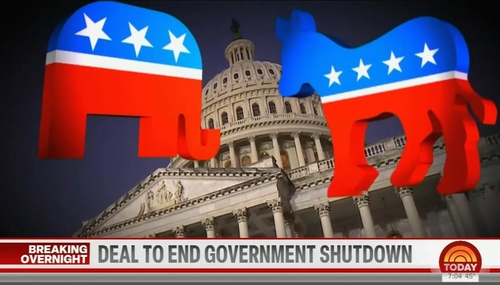
From O’Hehir’s piece (bolding added):
“A Nightmare on Elm Street” is only a medium-effective shocker now, because its central cinematic and psychological devices have been so widely imitated. It’s impossible to reproduce the shattering effect it had on so many of us at the time, when ideas about the permeable boundary between dreams and reality, or between the conscious and unconscious mind, had never been so cleverly explored in mass culture. Smack-dab in the middle of a right-wing counterrevolution that transformed American cultural and political life, Craven suggested that the stuff we had repressed was not quite dead and still prowling the cellar, and that it might literally rise up and rip us apart at any moment, right there in our comfortable house on Elm Street...
…Of the “three C’s,” the trio of very different filmmakers who revolutionized horror in the 1970s – the other two being John Carpenter and David Cronenberg – Craven was by far the least successful in stretching outside the genre. Carpenter’s best movies went well past horror into dystopian science fiction and Marxian political critique, while Cronenberg left horror behind in the last century in favor of arch cultural allegory and literary adaptation.




